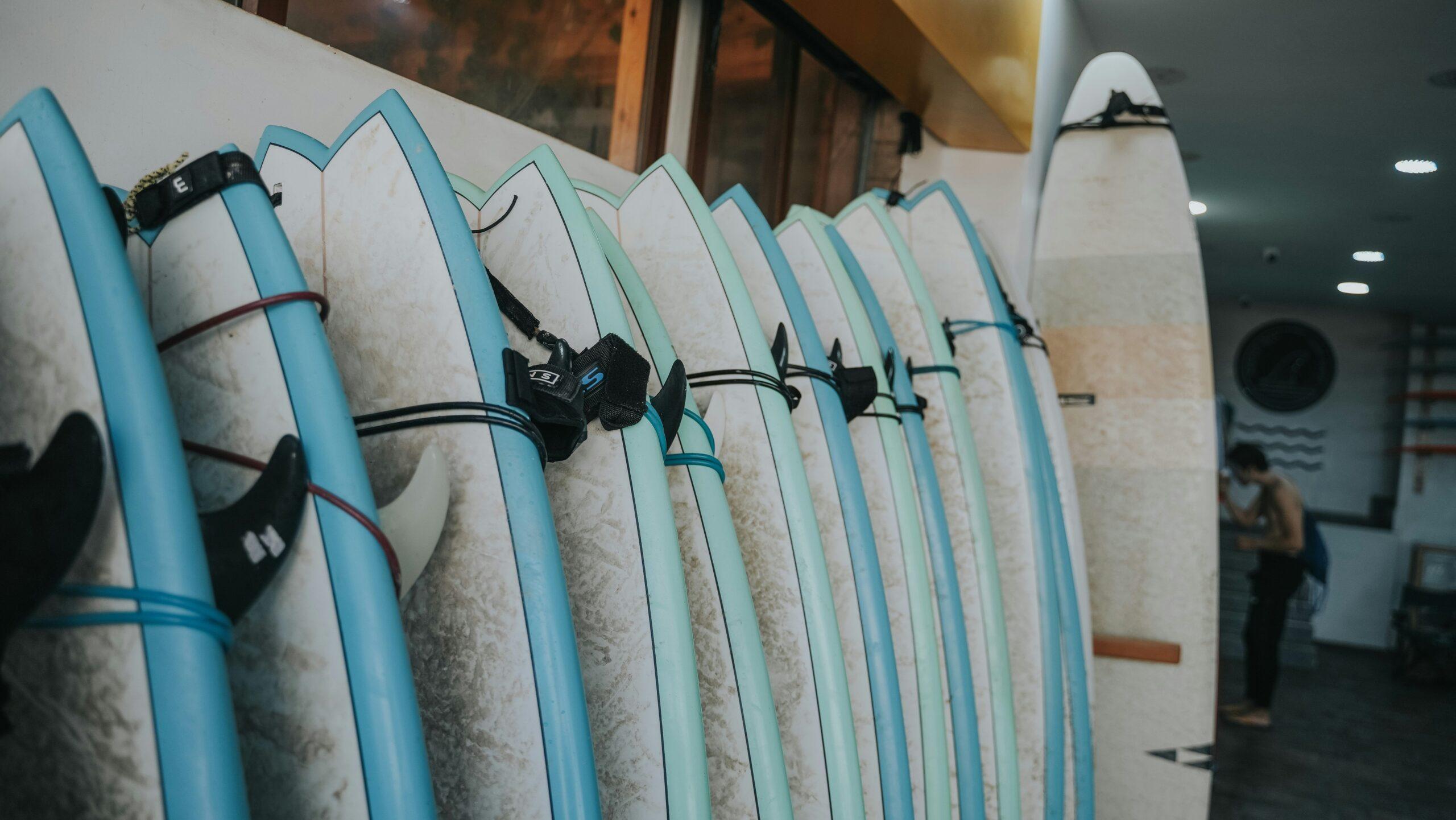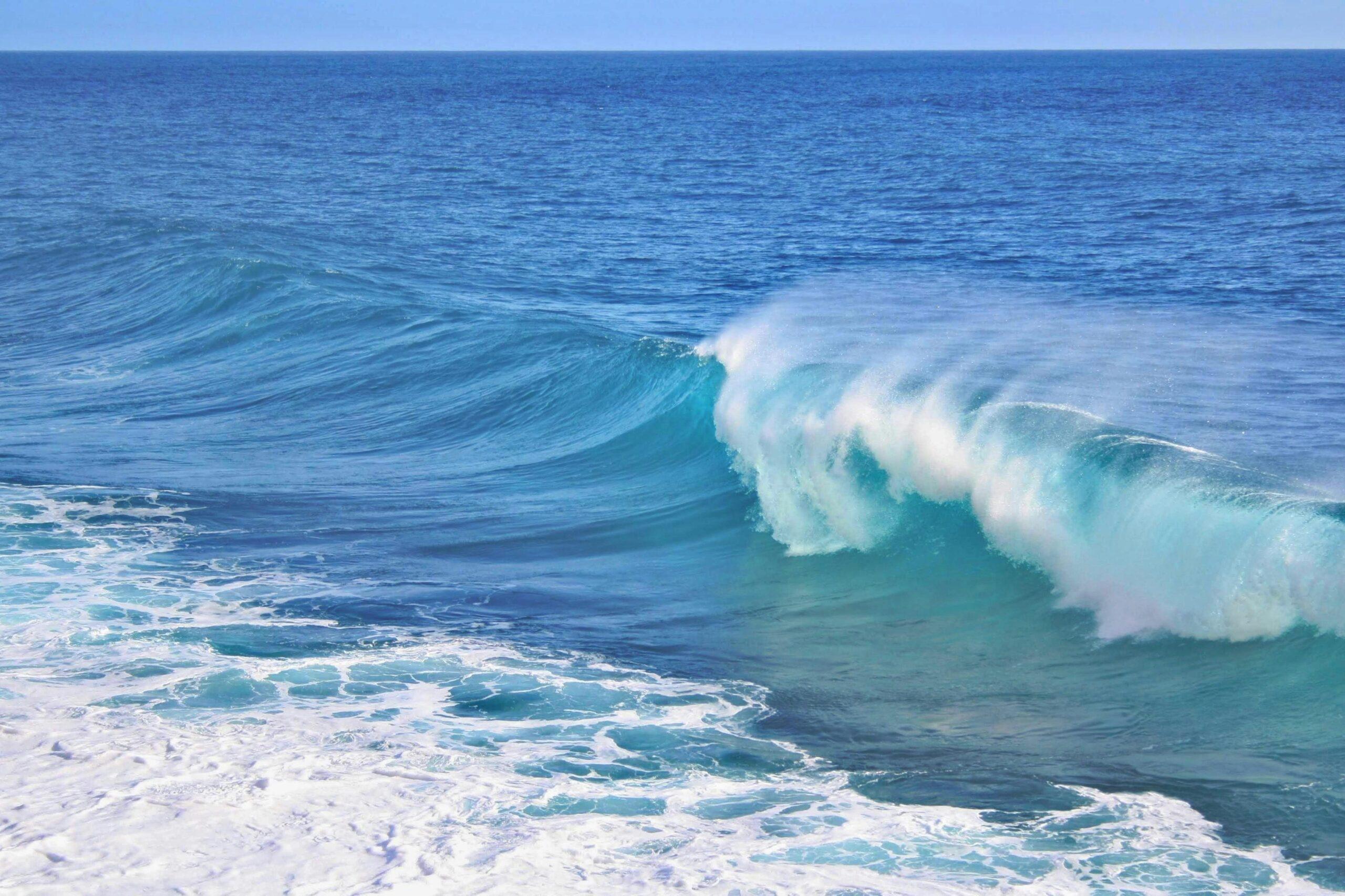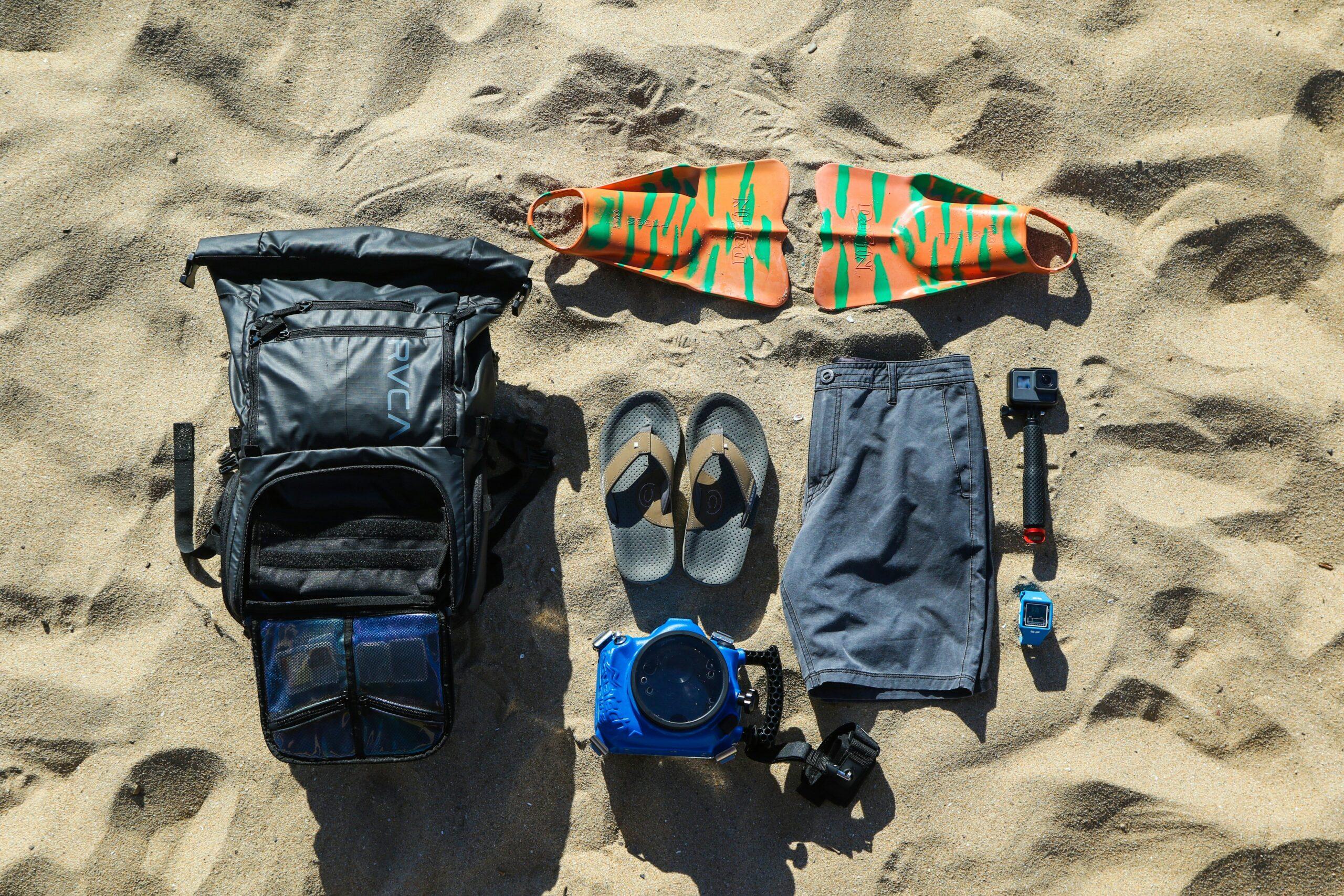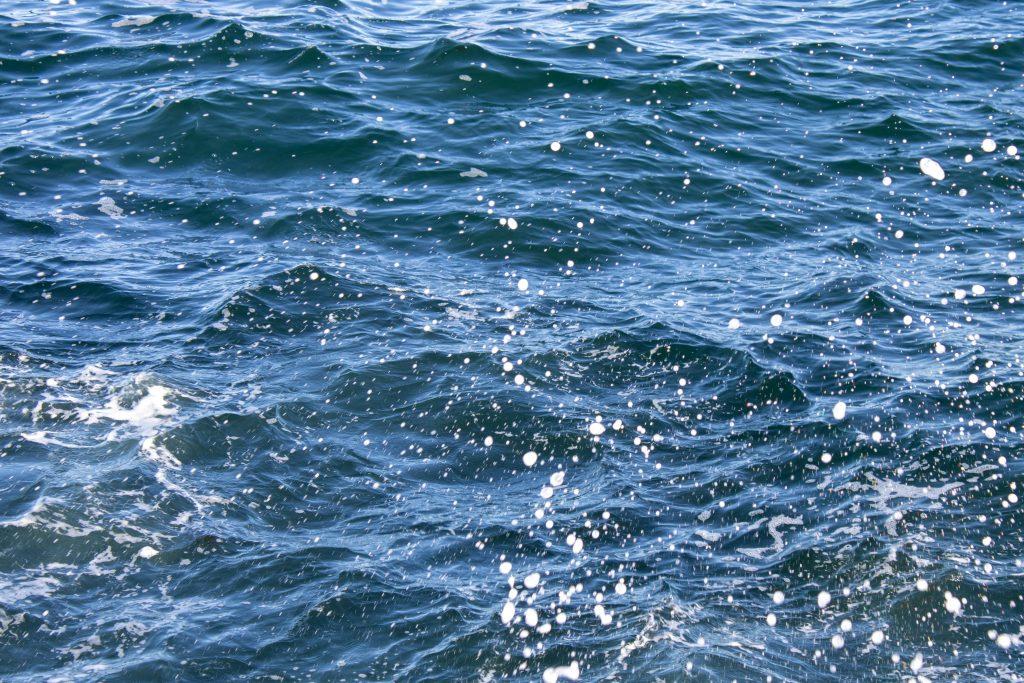Ever felt the panic of realizing your surfboard luggage isn’t as waterproof as advertised? Or worse, that your board is damaged because you didn’t pack it right? Yeah, us too. Surfing isn’t just about riding waves; it’s about ensuring your safety—and your gear’s safety—before you even hit the beach.
In this post, we’ll dive into essential surfing safety tips, including how proper surfboard luggage can save your day (and wallet). We’ll cover what could go wrong without safety precautions, step-by-step guidelines for safe surfing, pro tips, real-world examples, and even a few FAQs—all designed to keep you shred-ready.
Table of Contents
- Key Takeaways
- The Problem with Trusting Cheap Luggage
- Step-by-Step Guide to Safe Surfing
- Tips to Level Up Your Surfboard Luggage Game
- Real-World Case Studies
- FAQs About Surfing Safety and Luggage
- Conclusion
Key Takeaways
- A good surfboard bag protects against dings, water damage, and theft.
- Always check weather forecasts before heading out to avoid dangerous conditions.
- Pack accessories like leash cords, wax, and fins securely to prevent loss or injury.
- Don’t trust cheap luggage—it’s an investment in safety!
The Problem with Trusting Cheap Luggage

I’ll confess something embarrassing: I once bought a $30 surfboard bag at a garage sale. It “seemed fine” until my board ended up with a gnarly crack after a flight. Lesson learned? Skimping on surfboard luggage is like forgetting sunscreen at Coachella—a rookie mistake.
Optimist You:* ’Hey, saving money is smart!’
Grumpy Me: ‘Yeah, but not when it costs you $500 in repairs.’
Cheap bags lack padded interiors, reinforced zippers, and waterproof materials. That’s why they’re terrible for air travel or rough handling. Plus, think about sensory overload: imagine hearing that dreaded “thunk!” as your precious board gets tossed around like yesterday’s leftovers.
Step-by-Step Guide to Safe Surfing

Step 1: Check Weather Conditions
Sounds obvious, right? But every year, surfers underestimate rip currents or stormy waters. Use apps like Windfinder or Magicseaweed for accurate updates.
Step 2: Inspect Your Board Before Hitting the Water
Look for cracks, loose fins, or worn-out leashes. A damaged board increases risk during wipeouts.
Step 3: Pack Smart with Quality Luggage
Invest in a durable surfboard bag with foam padding and nose guards. Brands like FCS and Dakine are chef’s kiss for long-term durability.
Step 4: Secure Accessories Properly
Tossing random items into your luggage? Ugh, don’t. Store wax in zip-lock bags, secure fins with bubble wrap, and coil leashes neatly.
Tips to Level Up Your Surfboard Luggage Game
- Choose Waterproof Bags: Saltwater and moisture can ruin unprotected boards.
- Add Extra Padding: DIY inserts work wonders if your case feels flimsy.
- Label Everything: Airlines love misplacing stuff. A nametag saves headaches.
- Ditch Roller Bags for Flights: Wheels break easily; opt for sturdier designs instead.
One terrible tip? Never put your board in checked baggage without protection. Just… don’t do it.
Real-World Case Studies
Meet Sarah, who survived a disastrous trip thanks to her high-end Dakine bag:
“My airlines lost my surfboard in transit, but because I’d splurged on a top-tier bag, my board arrived intact days later. Totally worth it.”
On the flip side, Alex learned the hard way:
“Used a generic eBay bag—it split open mid-flight. Had to rent equipment on-site, which doubled my vacation budget.”
FAQs About Surfing Safety and Luggage
Q: Can I use any luggage for surfboards?
Nope. Regular suitcases won’t cut it—you need specialized surfboard luggage designed to protect fragile shapes.
Q: What’s the best material for surfboard bags?
Thick nylon with interior foam padding is ideal. Look for heat-reflective linings to combat UV exposure.
Q: Is it okay to leave my board in direct sunlight?
Never leave your board baking under the sun—it weakens the fiberglass coating over time.
Conclusion
To recap: prioritizing surfing safety tips means investing in quality surfboard luggage, preparing thoroughly, and respecting Mother Nature’s power. Remember, safety starts before you paddle out.
Oh, and one last thing: treat your surfboard like the Tamagotchi of sports gear—it thrives on love, care, and attention. Now go catch those waves responsibly!
Haiku moment:
Salt sprays, waves crash loud
Board snug inside its shell
Safe journey awaits


